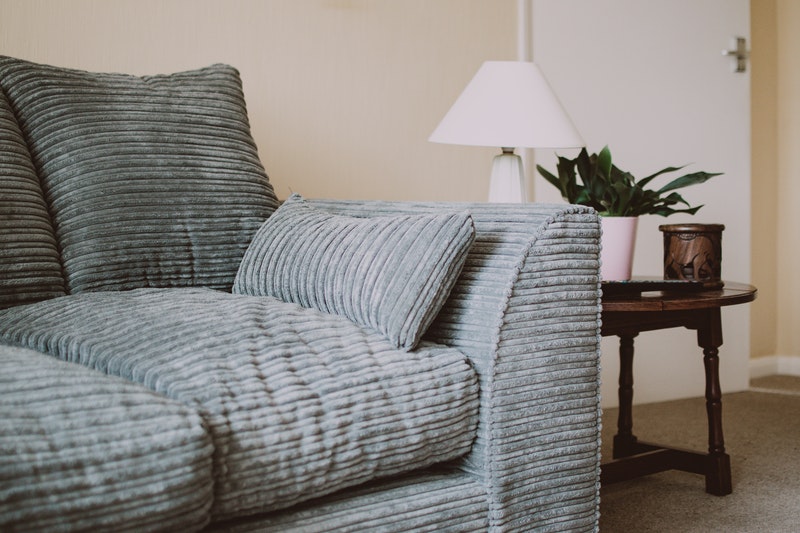COVID-19 continues to impact nearly every facet of our lives, from how we shop and socialize and especially to how we travel. While most travel has been curtailed or reduced, there are times when it’s unavoidable. So, when you do have to travel, is it safe to stay in a hotel or should you look at other options? Should you choose a hotel, a private rental, like an AirBNB, or, for longer trips, a corporate apartment? We’re looking closely at what to consider for your health when booking a place to stay.
Do Apartments and Hotels Offer Proper Sanitization?
When you’re staying someplace new, cleanliness is a must, and now it’s even more important. When you consider that hotels and rental residences both have had people staying in them, even just hours before you arrive, it’s natural to be concerned.
While the rooms are supposed to be cleaned thoroughly – bedding changed out, bathrooms, light switches, and other surfaces wiped down, that’s not the comprehensive cleaning that ensures safety. Consider the carpeting and flooring, whether the mattresses and pillows are disinfected, and if all the furnishings have been properly sanitized.
Additionally, the public spaces need to be sanitized continuously, particularly elevator buttons, door handles and push bars, and vending machines. However, most hotels don’t have the staff on hand to ensure the in-depth cleaning that’s necessary.
A private rental, like one through an AirBNB doesn’t come with the same guarantee of cleanliness nor the same protocols. While the private companies connecting property with guests do have guidelines, there are few to no checks and balances in place to ensure you are staying in a properly sanitized space.
Corporate apartments, such as Corporate Accommodations, offer the comprehensive, strict cleaning guidelines that ensure safety. For example, in between guests the following measures are taken:
- Dishes and cookware are sanitized in a commercial dishwasher;
- Linens are commercially laundered and sanitized;
- Carpets and upholstery are shampooed;
- All surfaces, including counters, light switches, remotes, and door knobs are sanitized;
- Mattresses and furnishings are sprayed with disinfectant.
Hotels vs. Apartments: Considering Proximity to People
The biggest risk to contracting COVID-19 is being around other people, which is why social distancing has been so important throughout this pandemic. While any commercial location you stay, such as a hotel or corporate apartment will have set, structured cleaning and sanitation protocols in place, hotels put you in contact with others more frequently. Let’s break it down.
Proximity and contact with others in a hotel:
- Check-in and check-out;
- Passing people in hallways;
- Sharing an elevator;
- Hotel-provided breakfast and coffee area (though most do offer “grab-n-go” options there will still be traffic and contact)
- Reliance on fast food and take-out;
- Shared laundry facilities;
- Housekeeping will be in your room;
Now, let’s consider the social contact when you rent an apartment for your trip:
- No check-in (most offer keyless entry)
- You’ll have your own private residence so no shared spaces;
- Few to no common areas if staying in an apartment building;
- Bring food to cook in your apartment’s kitchen or even rely on DoorDash or Instacart
- In-unit laundry;
- No housekeeping until you leave;
No matter how much you try to stay socially distant, if you’re wondering if it’s safe to stay in a hotel, it’s much more challenging than if you choose an apartment.
Making the Right Choice: Book with Corporate Accommodations Today
If you need to travel and you’ll be on your trip for an extended period of time, renting a short term or corporate apartment offers the best of both worlds: proper social distance and clear sanitization protocols. At Corporate Accommodations, we have short-term rentals in Greensboro, Chapel Hill, Winston-Salem, and other areas in North Carolina so you can enjoy your trip to the Tarheel State feeling confident in your safety. To learn more, reach out to us today at 336-299-1312 or fill out our contact form below.

